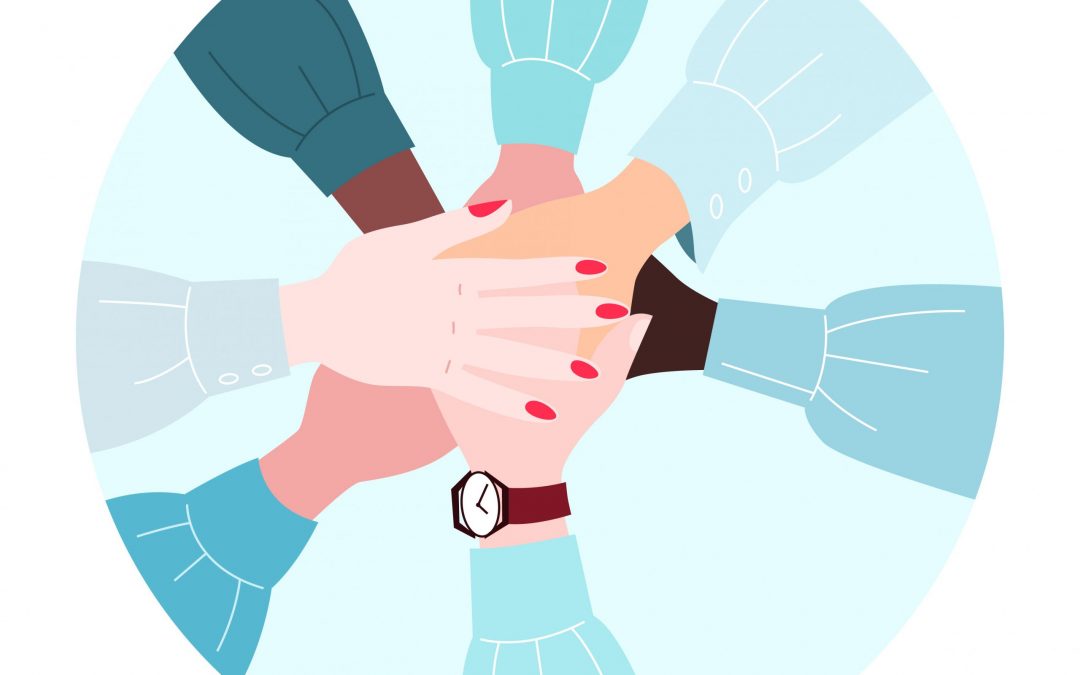When I first heard this phrase, it blew me away.
For many of us, hearing that someone is having a hard time causes the immediate response: how can I help? In some cases, it’s easy – going for a walk together, bingeing Netflix, or just giving them a pep talk can be enough to get them feeling better.
But what do we do when it’s not that simple? Most of us have probably been in the situation where we struggle to know what to do when someone we care about says they’re having a hard time. It can be hard to know what to say or do for someone, and leaves us wanting to balance our desire to help with wanting to avoid making a misstep and potentially making everything worse.
After all, how many of us have started to offer our support or advice and then backed away, feeling like there isn’t anything that will fix what someone is going through?
That initial want to help can feel selfless, but it can also be self-serving. We are social creatures: humans are programmed to feel discomfort at the suffering of another, which then motivates us to change the situation. Failure to “fix” the problem, and cheer up our companion, can result in the “helper” becoming unhappy or frustrated, and leave them with a sense of failure that can discourage them from wanting to help in future.
Humans have a tendency to take shortcuts, referred to in psychology as cognitive biases. These help us process the incredible amount of information constantly coming at us. One of these shortcuts is the binary bias, in which we tend to unconsciously reduce situations and events to two options: good vs. bad, similar vs. different, broken vs. fixed.
However, good or bad, mental health doesn’t work like that. We aren’t made to be “fixed” – just like some of life’s big problems don’t tend to be black and white, neither are the solutions.
So here’s the thing: we don’t need to have all the answers. When you get right down to it, it’s not about us, and how we’re feeling about helping someone work through THEIR emotions. It’s about being there. Never has the old “actions speak louder than words” been quite so true: so often, there just aren’t the right words to say. Sometimes, there aren’t even words.
Often, the best way to support someone is just to show up, and to really try to listen to what they’re trying to say. To sit in empathy with someone is to acknowledge what they are going through, and to accept the discomfort that goes along with it – for you and them. Most people aren’t looking to be saved: they’re looking for someone to help them find their own strengths.
It is our job to remember that we aren’t responsible for saving anyone – and nobody really expects us to.
Need Support?
UVic Student Wellness (Counselling) https://www.uvic.ca/student-wellness/index.php
Foundry https://foundrybc.ca/
Mental Health Recovery Partners https://mhrp.ca/
UVic SupportConnect 1-877-857-3397 (toll-free, 24/7 counselling)
The views expressed in this blog are my own, and do not necessarily reflect the policies or views of the University of Victoria. I monitor posts and comments to ensure all content complies with the University of Victoria Guidelines on Blogging.
